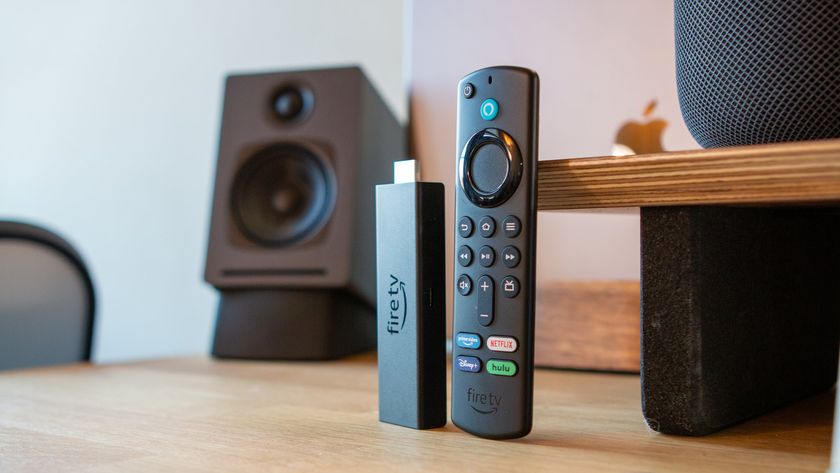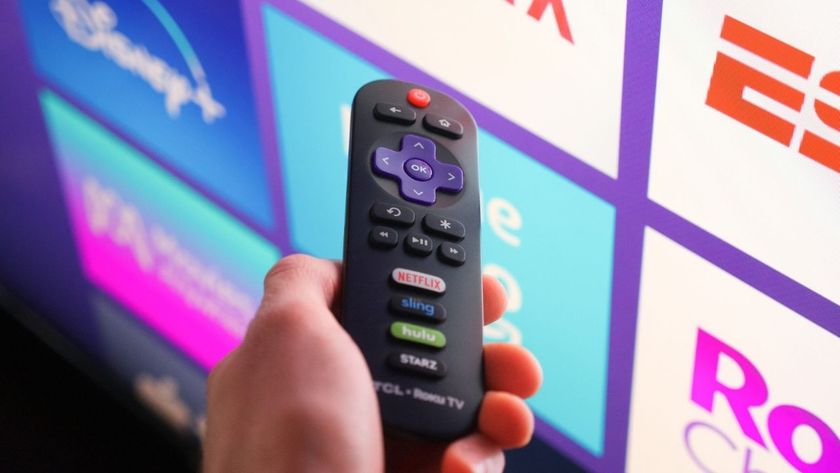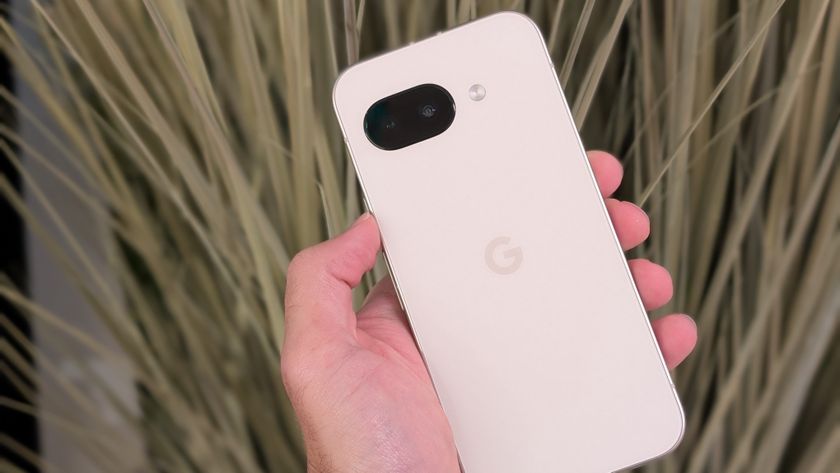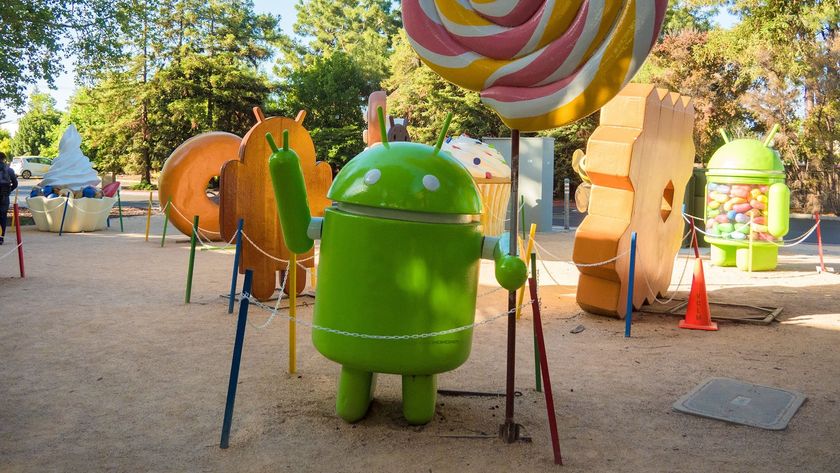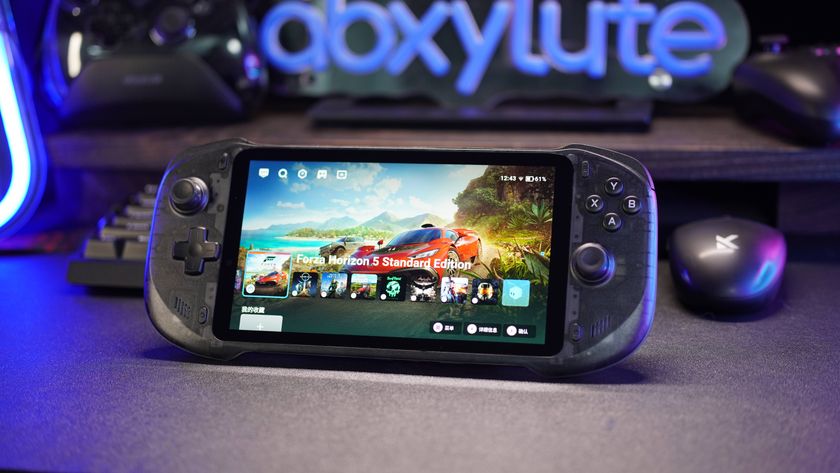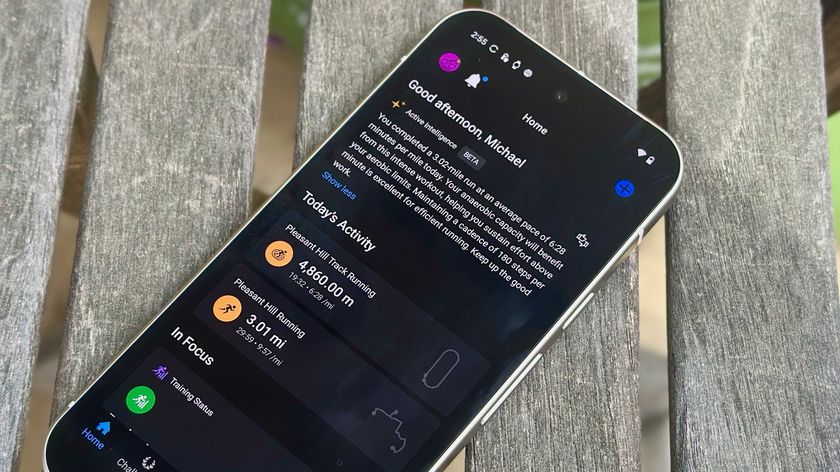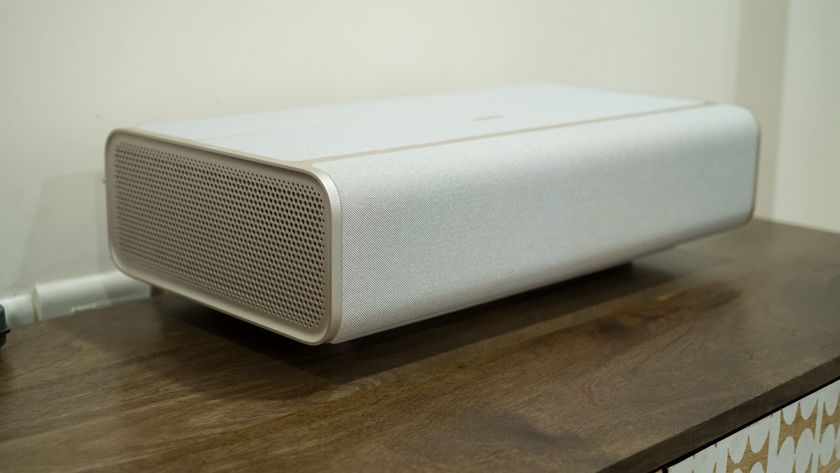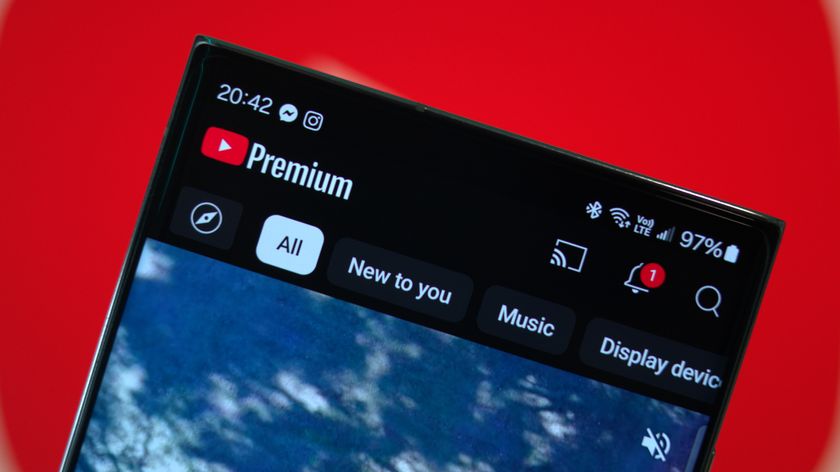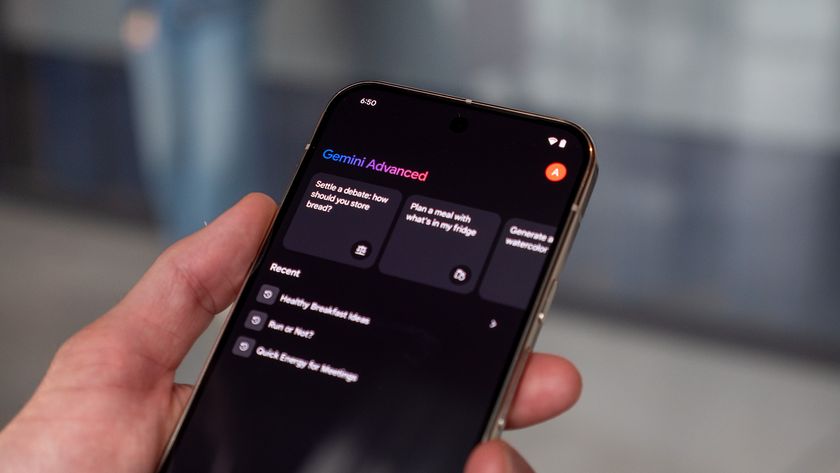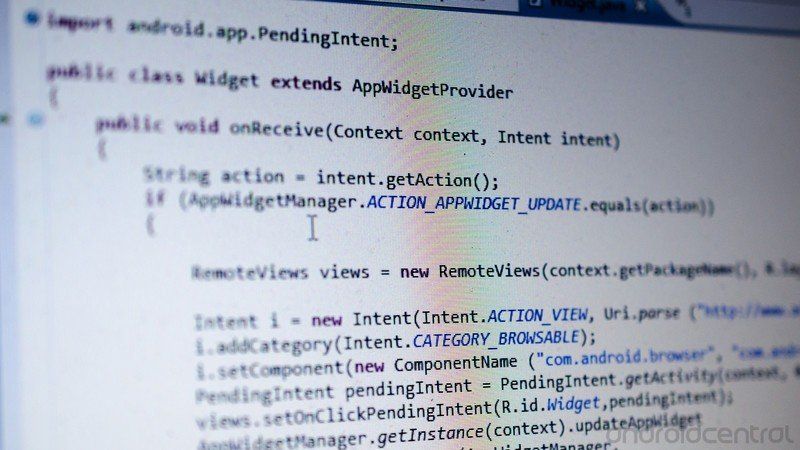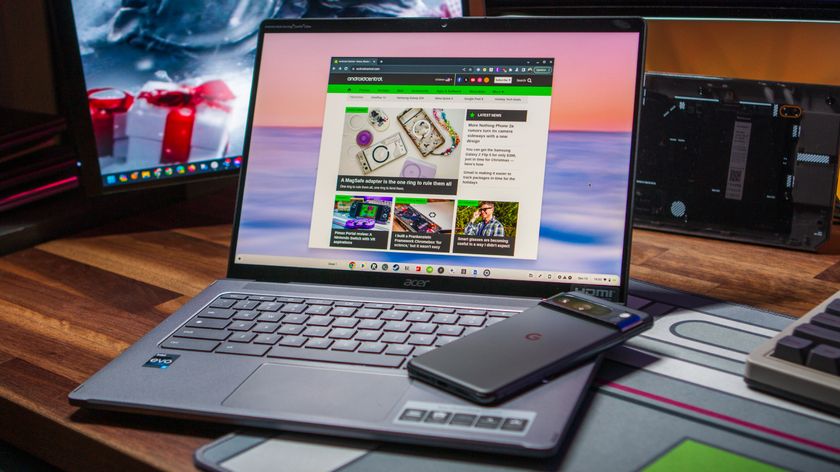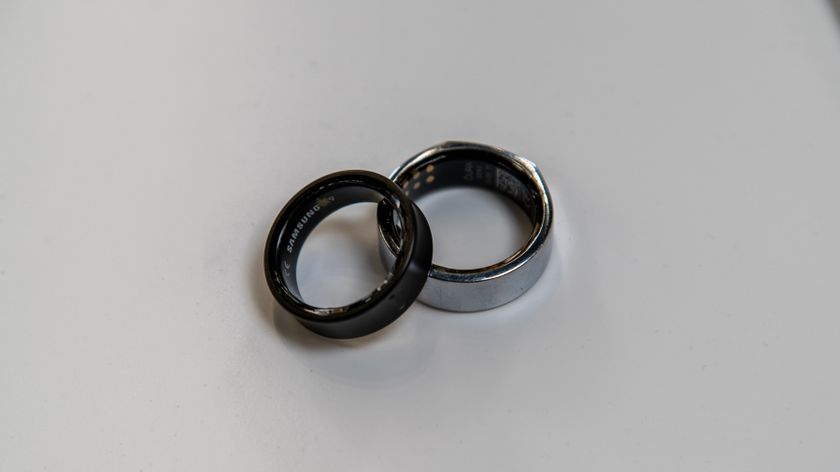How secure is your smart TV system? Google TV, Amazon Fire TV, Roku
If it's connected to the internet, it can be hacked.
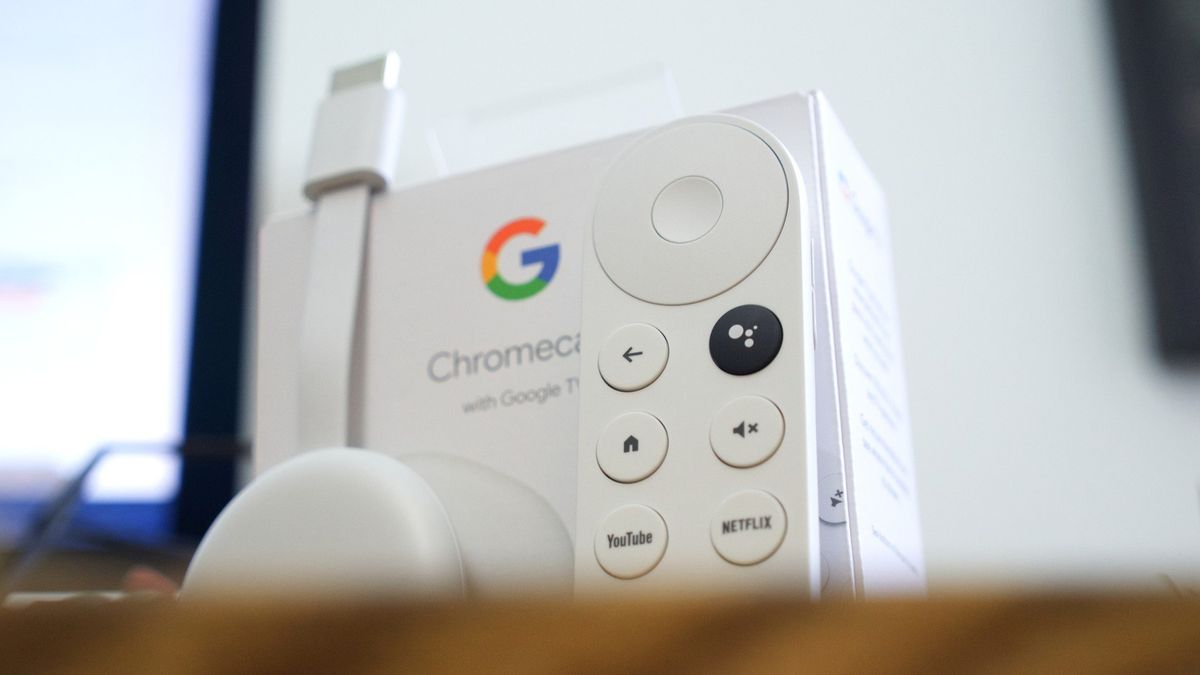
How secure is your smart tv system?
Best answer: Smart televisions aren't suspect to the same sorts of online attacks our phones or computers are, but manufacturers still try to make them as secure as possible. The biggest potential issue would be an attacker gaining access to your Wi-Fi network.
A set-top box is always the best option
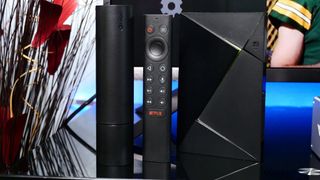
Buying a smart television set has some advantages. Everything is self-contained, which means no cords or cables to buy, and space is often at a premium where we watch our movies and shows.
One place where they don't have an advantage, though, is when it comes to security and privacy.
Nothing smart is private, including your television. If you want to be 100% secure and 100% private about how you use your television, you'll need to use an antenna and make sure nothing in your entertainment center is connected to the internet.
But set-top boxes do have one big advantage when it comes to updates. They usually get them more frequently than sets with built-in smart services, and a large part of any update is security focused.
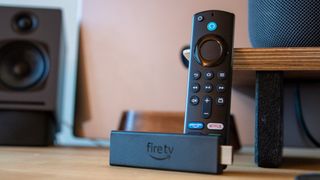
I'm not saying that your new set with Amazon's FireTV or Google TV built-in isn't getting updates or never will. I'm saying companies that make stand-alone boxes have always been quicker to react. If you're looking for a recommendation for the best smart TV box, I would point you toward the Nvidia Shield TV and its astonishing track record of updates.
One ecosystem isn't any better than the others when it comes to user privacy, either. Google, Apple, Amazon, Roku, Samsung, and any other company you can think of that makes smart sets keeps track of how you use them. So do the apps installed on these platforms, and so does your cable company if you are still watching cable television. In the 21st century, it's impossible to be online and not be tracked in some way.
Security helps keep your private data stay private, but they aren't the same thing.
Privacy isn't security, though. That's a blessing when it comes to smart TVs — the personal data they hold usually isn't important enough for someone else to want.
Be an expert in 5 minutes
Get the latest news from Android Central, your trusted companion in the world of Android
You probably don't do your banking on your TV, send messages, or work from home on sensitive material. You probably could because so many apps can be forced to work on a big display, but it's not as easy or elegant as using your phone or a computer. If you do use your smart TV for personal and confidential business, know that it's a lot riskier.
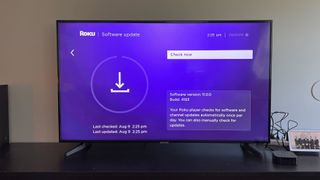
This means TV sets aren't as big of a target as smartphones or laptops are. Imagine spending time and effort to hack into my television only to find out I'm a fan of Naked and Afraid. That's hardly worthwhile.
The biggest security threat is that an attacker could gain access to other devices on your home network if they were able to break into your TV. That's a serious concern, and a reason why we should want our sets as secure as possible.
The best way to do that is by regularly accepting or checking for software updates. Every popular platform has a mechanism where you can manually check for an update, and they all will update automatically at a scheduled time when one is available if you can't be bothered.
In conclusion, it's safe to say that smart TVs aren't really all that secure because nothing connected to the internet is truly secure. But they are all probably secure enough because they aren't a big target for the bad guys. Yet.

Jerry is an amateur woodworker and struggling shade tree mechanic. There's nothing he can't take apart, but many things he can't reassemble. You'll find him writing and speaking his loud opinion on Android Central and occasionally on Threads.
